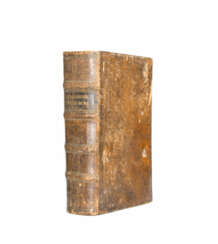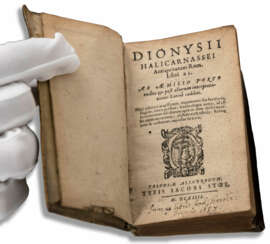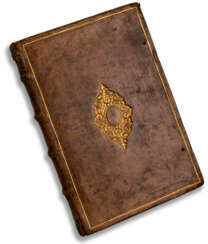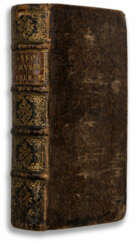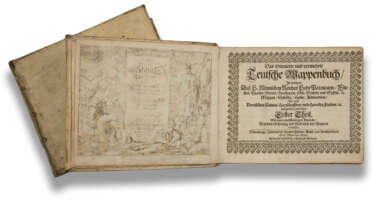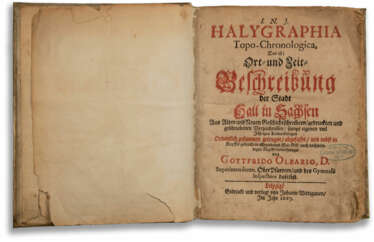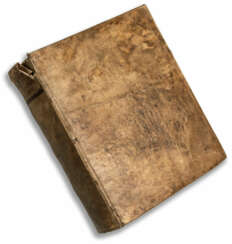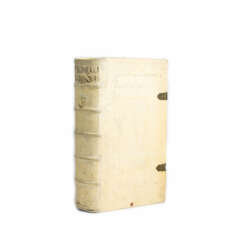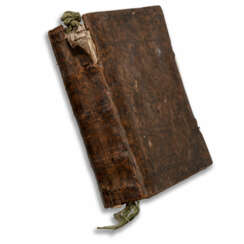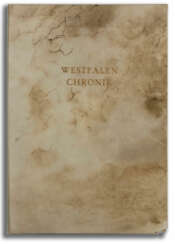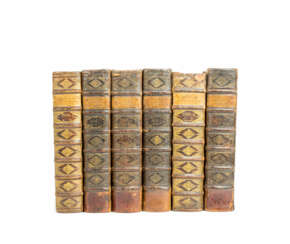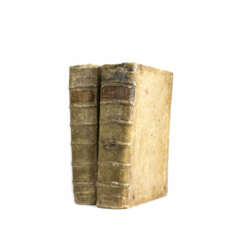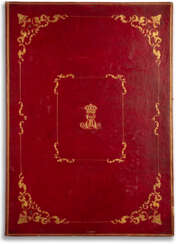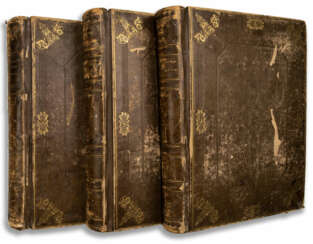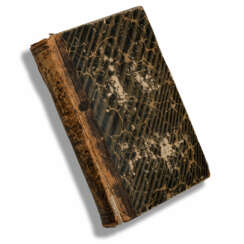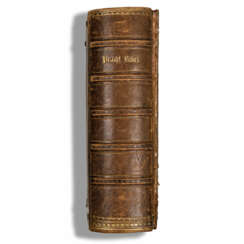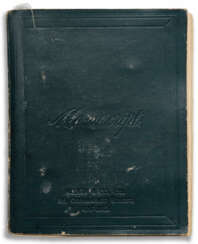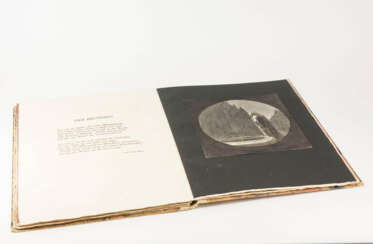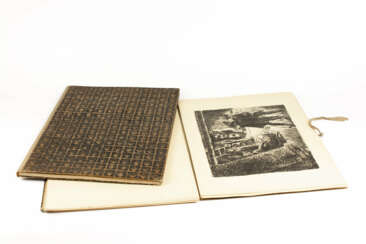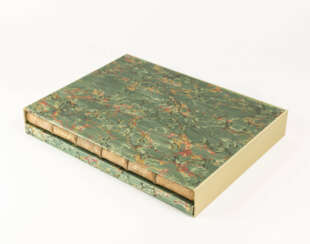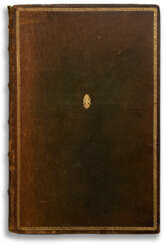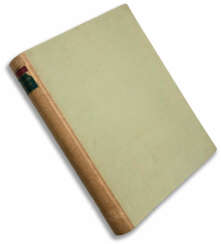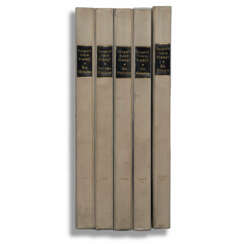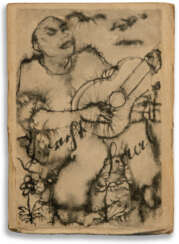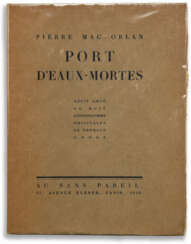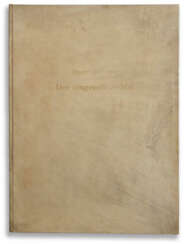
Books — Alte Kunst, Grafik & Bücher
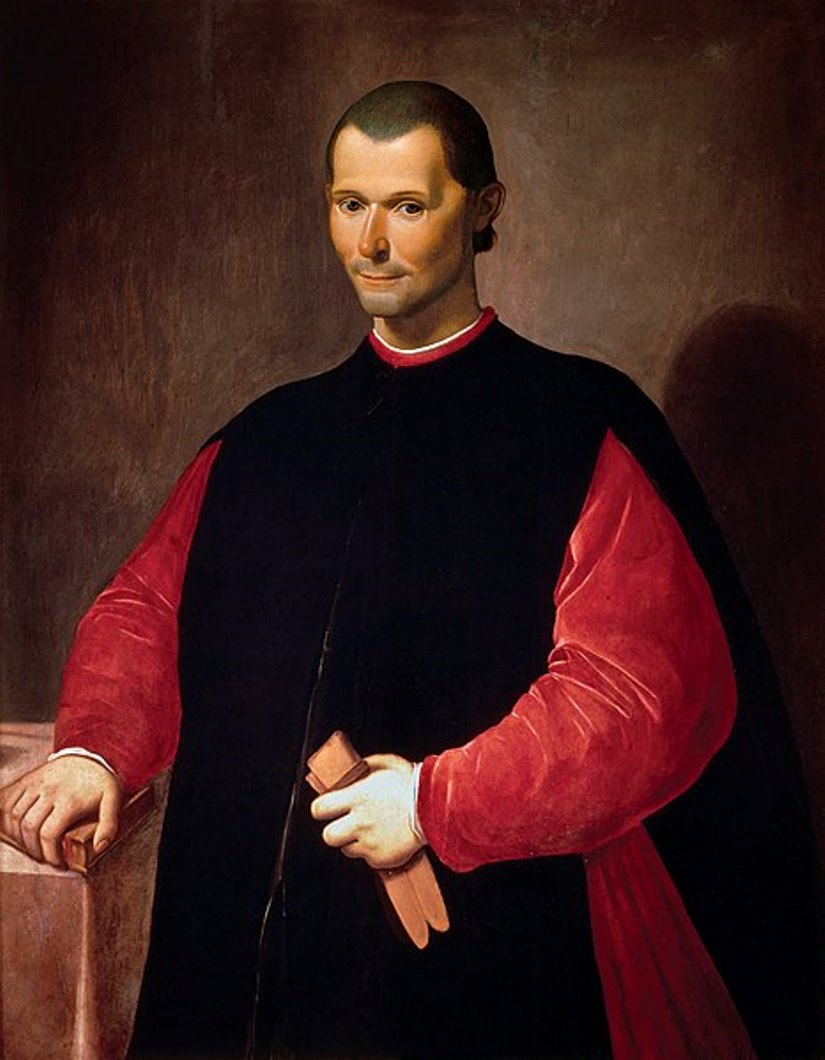
Niccolò di Bernardo Machiavelli was an Italian philosopher, politician and diplomat, historian and Renaissance writer.
As a young man, Niccolò Machiavelli faced financial difficulties due to his father's debts, but had access to a rich library. Machiavelli's early life and career began during a period of political upheaval in Italy. After the expulsion of the Medici family in 1494, for 14 years Niccolo Machiavelli served as a diplomat to the Florentine Republic. During this service, he gained a reputation as a cunning and unconventional thinker. However, when the Medici returned to power in 1512, Machiavelli was dismissed, imprisoned, and temporarily removed from political life.
During this period Machiavelli wrote his famous work The Sovereign, which has become one of the key works in the history of political philosophy. This book epitomizes the Machiavellian approach to politics, where the means justify the end, and where a leader should use any method to consolidate his power. The treatise drew criticism from the Pope, who condemned it for supporting rule through deceit and fear. Nevertheless, The Sovereign is still an important work of political literature, and Machiavelli has come to be called "the father of modern political theory."
Machiavelli lived the rest of his life in a small village near Florence, where he continued his creative endeavors, writing On the Art of War, as well as poems and plays. His literary legacy has become an integral part of the history of political philosophy.
.jpg)
Ernst Heinrich Barlach was a German expressionist sculptor, medallist, printmaker and writer. Although he was a supporter of the war in the years leading to World War I, his participation in the war made him change his position, and he is mostly known for his sculptures protesting against the war. This created many conflicts during the rise of the Nazi Party, when most of his works were confiscated as degenerate art. Stylistically, his literary and artistic work would fall between the categories of twentieth-century Realism and Expressionism.

Käthe Kollwitz (born as Schmidt) was a German artist who worked with painting, printmaking (including etching, lithography and woodcuts) and sculpture. Her most famous art cycles, including The Weavers and The Peasant War, depict the effects of poverty, hunger and war on the working class. Despite the realism of her early works, her art is now more closely associated with Expressionism. Kollwitz was the first woman not only to be elected to the Prussian Academy of Arts but also to receive honorary professor status.
